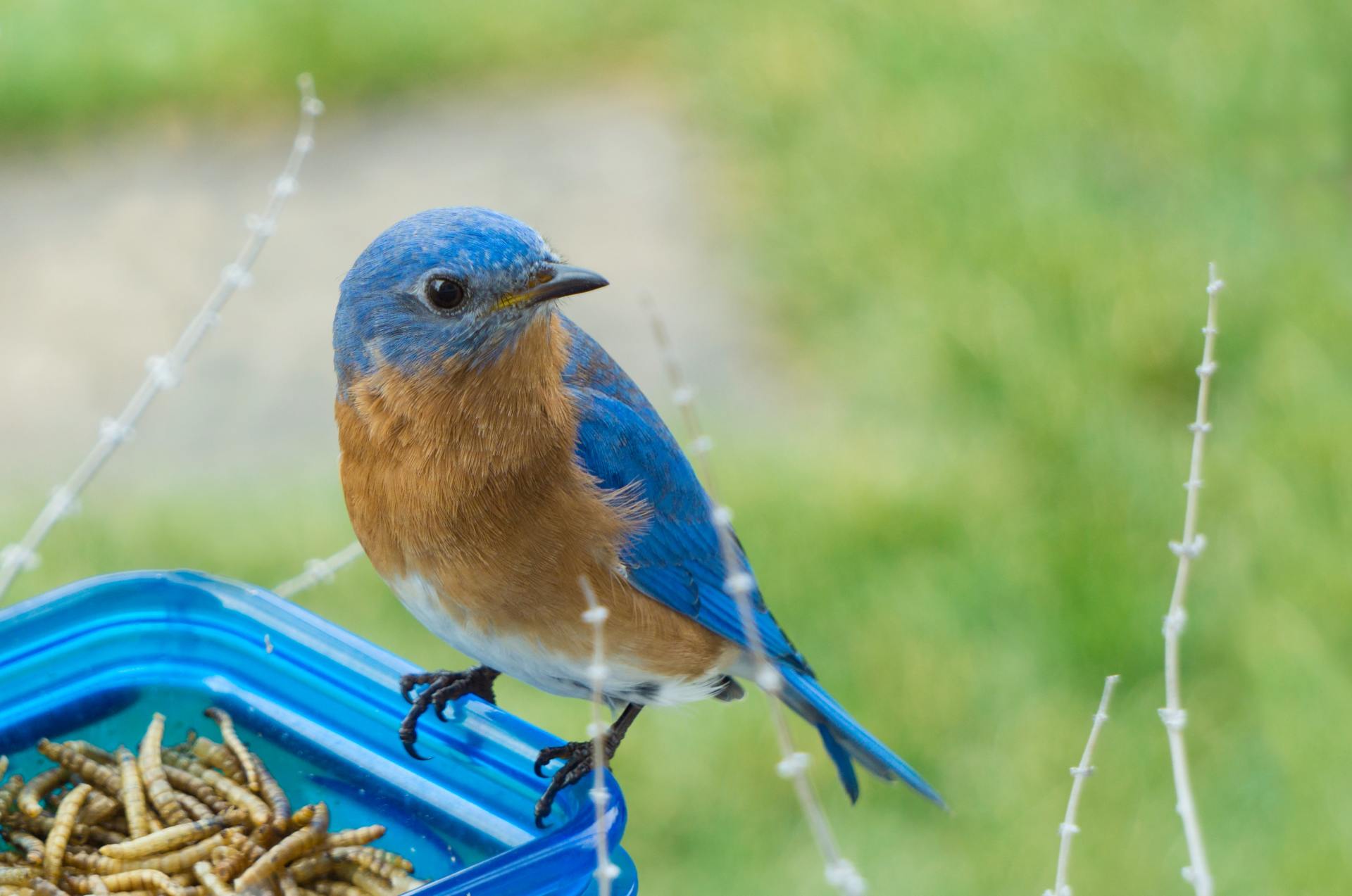May 23 is National Turtle Day! While turtles aren’t the most popular pets around, they are pretty cute, and may be more entertaining than you think. A Las Vegas, NV vet offers some basic tips on caring for a turtle below.
Choosing A Turtle
If you’ve never had a pet turtle before, pick one that is easier to care for. Some good options are red-eared sliders, box turtles, U.S. mud and musk turtles, Male painted turtles, and Russian tortoises. Do plenty of research before deciding. You’ll want to look into their habitat and dietary needs, their expected adult size, and, of course, their lifespan. Some turtles live over a hundred years! In fact, families used to pass them down as pets through generations.
Diet
Your turtle’s nutritional needs will depend on their species. You should be able to buy turtle food at a pet store. Be sure to get the right kind! To round out your pet’s menu, supplement this with fish, invertebrates, guppies, worms, crickets, and/or chopped produce. Ask your vet for specific advice.
Enclosure
Your turtle will need a roomy, comfortable habitat. The exact parameters will depend on what kind of turtle you have. A large glass aquarium is a good general option. As a general rule of thumb, you’ll need a minimum of 10 gallons per 1 inch of shell length, based on your pet’s estimated adult size. You may also want a smaller, portable backup tank.
Water
Turtle swimming holes should be at least twice their length. Make sure it is the appropriate depth for your pet’s species. The slope should be gentle, so your pet can easily get in and out. You can use tap water, as long as it tests out okay. However, you’ll need to add a filter for cleaning. (Note: you’ll still have to scoop out waste and uneaten food daily.)
Setting Up The Tank
As mentioned above, your pet’s species will determine their environmental needs. Popular substrates include peat moss, soil, sand, and/or wood chips. Avoid gravel, as turtles sometimes choke on smaller rocks. You may need to offer your pet a basking area. You can make this out of river rocks or driftwood. Use a reptile lamp for heat. A hide box is also a must. Ask your vet for more information.
As your Las Vegas, NV vet clinic, we are here to help. Call us anytime!






!Social Media Icons